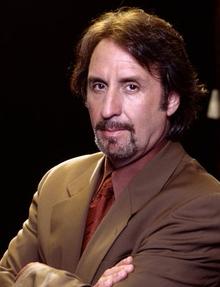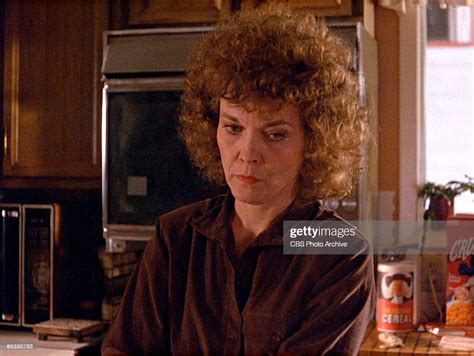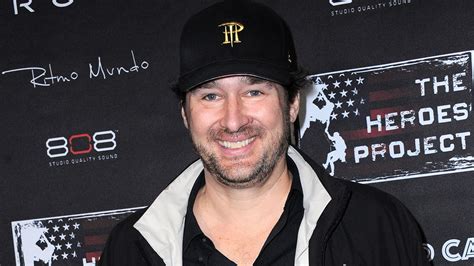A Quote by Tim Robbins
Most good actors have a huge intelligence about the human condition and a real open heart to different kinds of people and behavior.
Related Quotes
I want people to see the beauty of that condition through the eyes of the characters. In doing that, they can allow people who have the condition to be more accepting of it, and to be open about it. That would be a contribution to the people who have it, and considering that 38% of the Pulitzer Prize winning poets are Bipolar, to think about how much these individuals have contributed to the human spirit.
I think a current understanding about urban behavior tells us that it's important that people get out and be able to get away from the concrete jungles and the dense environment where they live for their own mental well-being. If they don't do this, the costs in human loss and human sickness will be far greater than what we would be expending for these kinds of releases and open spaces.
I've never been pigeonholed and I've experienced so many different kinds of skin - what man will do and won't do, what you should do and shouldn't do. This is what's exciting about being an actor; where philosophy majors sit in classrooms or write books about human behavior, we're actually acting them out in front of cameras.
When people think what is the most simple sort of human, it's a white man, and anything else that is added to that complicates it for people. It comes with all kinds of meanings and connotations. If they have a different skin color, that comes with a connotation. If they're a woman, 'Oh well, what do I feel about that?'
But once we realize that people have very different kinds of minds, different kinds of strengths -- some people are good in thinking spatially, some in thinking language, others are very logical, other people need to be hands on and explore actively and try things out -- then education, which treats everybody the same way, is actually the most unfair education.




































